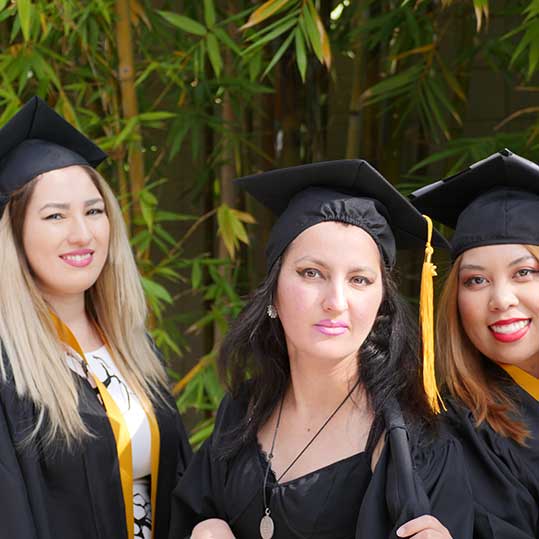- Career College serving Los Angeles County
Financing your education doesn’t have to be a hassle. Southern California Health Institute (SOCHI) offers a variety of financial aid options that help you cover the costs associated with attending school.

securein the process of securing the resources you will need to afford your chosen program of study leading to a new career in health & wellness as a massage therapist, physical therapy aide, personal fitness trainer or medical biller and coder.
Applying for Financial Aid does not need to be stressful. The first step is completing your FAFSA.
When eligible, SOCHI students are offered a combination of several types of aid, including federal grants and loans.
SOCHi is committed to using the College Financing Plan (Shopping Sheet) to provide all prospective veterans and service members.
Discover the advantages of our programs, the exciting coursework you’ll undertake, and everything needed to apply!
Copyright © 2024 – Southern California Health Institute. All rights reserved.